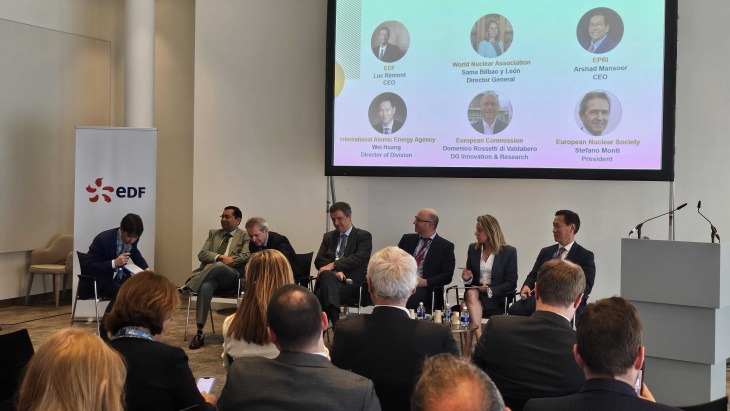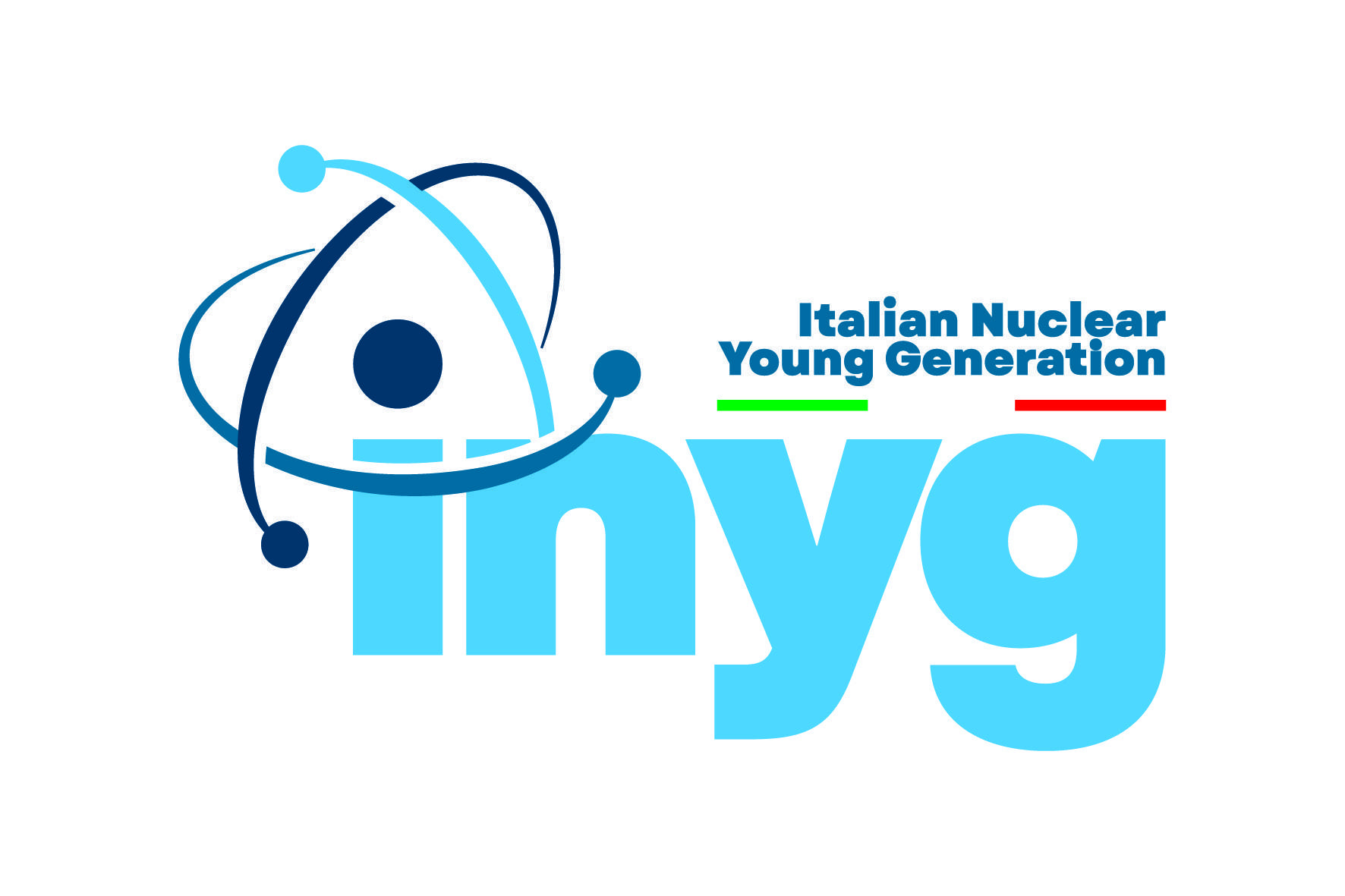Industry needs to translate nuclear ambitions into reality, panel says

The industry must seize the opportunities arising from a global change in the perception of nuclear energy, a panel session agreed during a side event at the World Energy Congress 2024. However, wide-scale collaboration is needed to ensure the industry can meet the expected growth in demand for nuclear power technology.
The sessions – Alliance for nuclear: Accelerating to reach net-zero by 2050 – was organised by EDF and World Energy Council France on the sidelines of the World Energy Congress, being held in Rotterdam, The Netherlands.
“We are seeing a very important sea-change in the way nuclear energy is being perceived at a global level,” said World Nuclear Association Director General Sama Bilbao y León. “Countries that perhaps a few years ago were not considering nuclear energy, they definitely are taking a second look at it. Why? Well, firstly, because many of these countries actually got their calculators out and realised that there’s just simply no other way to meet their Paris Agreement goals in a way that is cost-effective and, very importantly, equitable. So that’s put nuclear energy back on the map and, of course, issues such as energy security and energy independence are also very important.”
She added that “in many countries, the average person has become very pragmatic” and recognises “nuclear as an opportunity to have abundant, affordable, 24/7 energy. So, we’ve seen this in many countries in Europe, in North America, Southeast Asia, Africa, that they are looking at nuclear as a real option now”.
Wei Huang, Director of the Division of Energy Planning, Information and Knowledge Management at the International Atomic Energy Agency, said there was “very good momentum” created by pledges made during COP28, which not only talked about tripling renewables and doubling energy efficiency by 2030, but also tripling nuclear capacity.
“I think that the message is very clear … there has been a sea-change in the global prospective of nuclear, so that is very good message to the world,” he said. “However, each stakeholder needs to do their part to transfer their expectation and ambition into reality.”
Bilbao y León said the nuclear industry was working with governments “to actually deliver on all these very big ambitions … we have a number of countries that are putting together energy policies that recognise the very important role of nuclear. Now the next step is to translate those energy policies into industrial policies”.
“Europe has this common problem to solve, the trilemma,” said Stefano Monti, European Nuclear Society president. “We want stable energy prices. We want to have a large amount of clean energy. We want decarbonisation. We want to have security of energy supply. But still we don’t have a common solution … there are 12 countries who signed the nuclear alliance. There are other countries that are observers. And there are others that think they can make this energy transition also relying only on renewables.”
Domenico Rossetti di Valdalbero, for the European Commission’s Directorate-General for Research and Innovation, noted that the nuclear alliance, which comprises almost half of the EU member states, is calling for greater European support for nuclear. “This nuclear alliance is making a lot of efforts and moving the lines, the traditional lines in Brussels over, for example, the next Multiannual Financial Framework, and what the role of the European Investment Bank is in funding and financing nuclear. I’m sure that this will be a part of the results for the next election in June.”
In response to being asked what should be done in Europe to enable an expansion of nuclear energy, EDF CEO Luc Remont said: “We certainly have challenges to be back at the level of construction that we need for the future, but we can rely on very serious competences that have been built over the decades to serve the number of countries who are already operating in nuclear … where we have been likely behind over the last two decades is that we have not built new reactors at the right pace. And that’s what makes a difference, for example, between Europe and China.
“So, we need to scale this. We will be back at scale if we are going steadily into a pace where we need to serve the countries that will decide to go into new build. We will need to sustain that for many, many years and not go through cycles of heavy construction, then nothing, which is what is destroying potentially our supply chain. And I’m sure this applies to all the regions of the world.”
Monti called for more European investment in nuclear R&D. “We have to restart thinking that in order to have the right system at the right moment, we have to invest in R&D. Fast reactors mean advanced fuels need to be developed, tested, qualified and licensed. It means new innovative materials to be used in the fast reactor. You have to test and qualify the material under a fast spectrum. In all the Western countries, we don’t have a material test reactor with a fast spectrum.” That’s something that is needed “and very soon if we really want to compete with the rest of the world”.
He said another priority was the workforce. “If we have good people, we can do everything. And that for Europe … means really creating a European energy market and European cooperation in nuclear. We really need to join our efforts and our capabilities if we want to deliver and be competitive in the international market.”
Remont ended the session by saying “having dynamism and innovation and the number of start-ups in the nuclear industry is great news. Yes, nuclear has been considered for some time as a dinosaur … but having so much diversity of ideas that are touching the process, the way you build it, the scale, the business model, that’s great news for our industry. And I hope that many of these projects will find their way because I think this is the best way for us, as an industry, to be moving faster than expected.”‘




